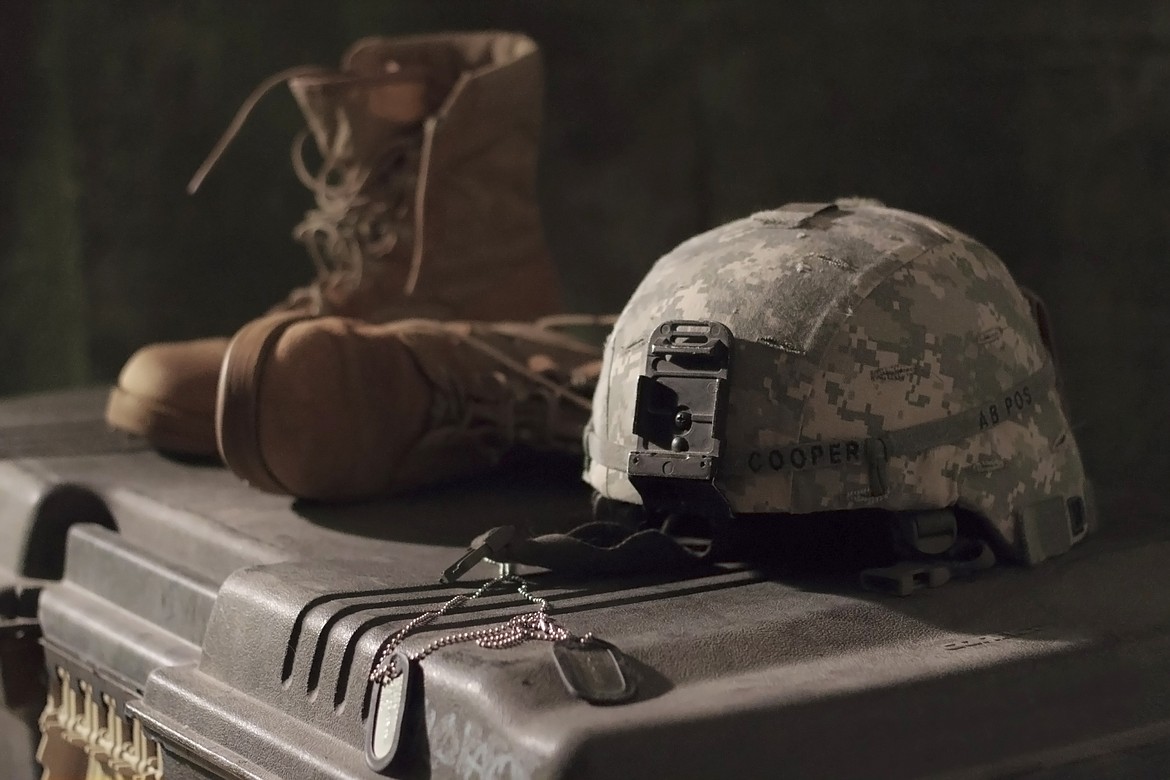Soldiers' deaths are always hard
In wars, people die. KIA is short for killed in action.
But even in the military, most people don't see it or haven’t seen it. The folks back home only see it on the news. And, in fact, the vast majority of civilians can’t understand it; they think they do, but they don’t.
Even in the military, the vast majority of troops know about it but have never seen the dead soldiers. As for me, I saw more than 100. I was at Quan Loi rubber plantation, where they came in about 35 at a time, just killed less than an hour prior. Mostly, only those in front-line infantry divisions have seen death from combat, other than vehicles being blown up. The front-line infantry troops see the real battlefield, or jungle, and have experienced it.
Iraq and Afghanistan were different. There, all of the troops, men and women, were at risk of their vehicles being blown up. That is the way most of the deaths occurred there, in addition to the infantry deaths.
However, in Vietnam, it was mostly done by the bullet. For me, I was not a front-line infantryman, but I was in the 1st Infantry Division, in the Quartermaster Corps. Part of our duties was grave registration; otherwise, we processed all those killed in action. They would come in by helicopter, sometimes just one or two at a time, but a few times, there was a whole truckload of soldiers killed, or a helicopter with several. Sometimes, there would be a bunch of them brought in by several helicopters.
In death, they were sweaty and dirty, but after they laid out, they looked like they were just asleep. But they were dead; they would never see their loved ones, their mother and father, again.
When you see this, it is hard, hard, and even more hard.
Also, for identification, when they came in, in addition to their dog tags, we had to have two individuals from the dead soldier's squad platoon identify him, so there was not much chance of misidentification. Then, we put them in rubber body bags and shipped them off to Saigon to be cleaned up and prepared for their return to the United States.
Roger Gregory served as a captain in the 1st Infantry Division in Vietnam. He is a native of Sandpoint. He now is a business owner in Priest River.

